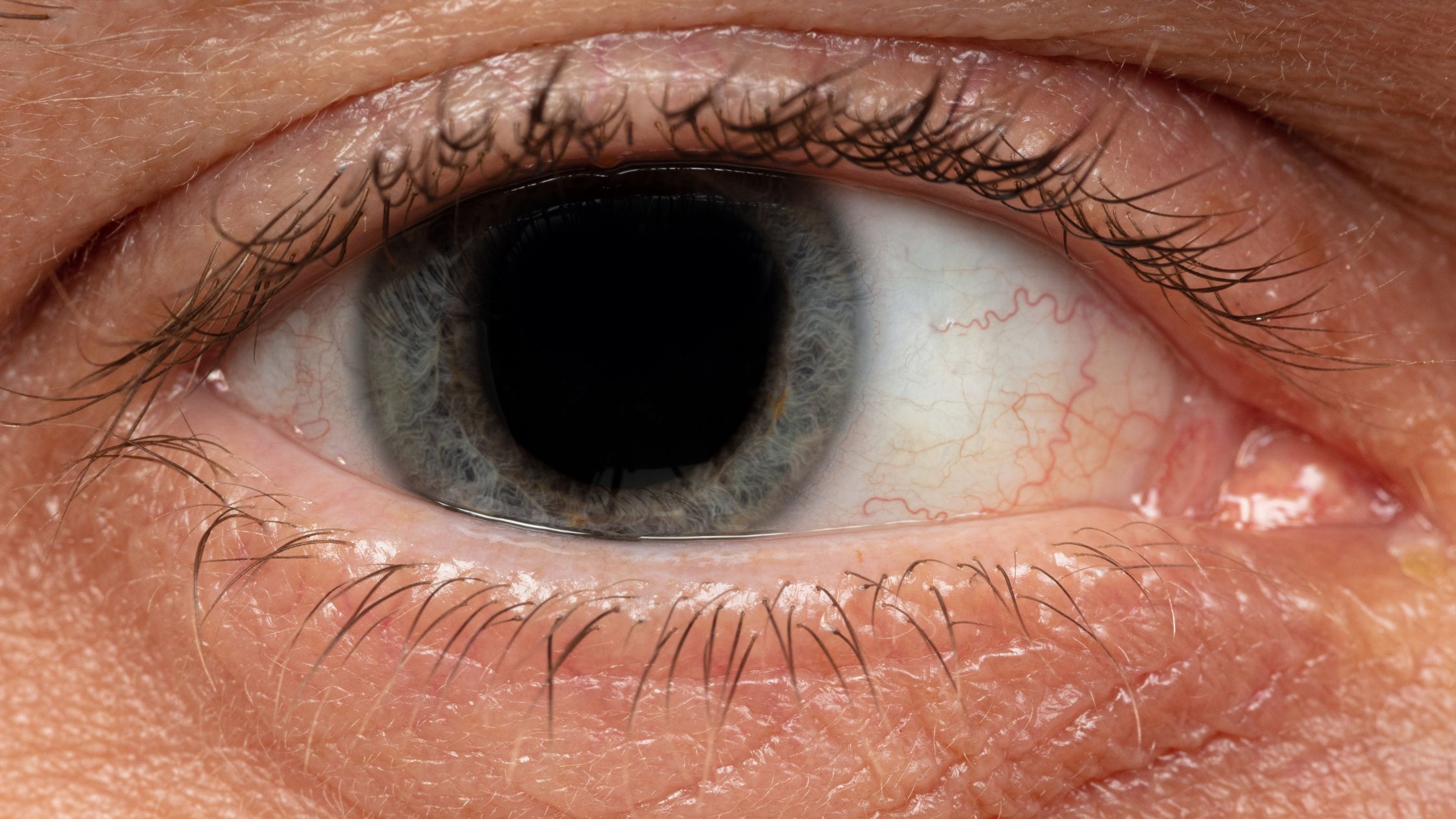Why Are My Eyes Watery?
Watery eyes are medically known as epiphora. You know what that’s like – tears pooling in your eyes, streaming down your face, even when you’re not crying. It’s a common issue. If you are wondering, “Why are my eyes watery?” The answer? Various reasons. Let me explain.
Common Causes of Watery Eyes

1. Allergies
For many people, allergies are a common culprit. These reactions can trigger your eyes to produce more tears.
2. Dry Eyes
Sounds counterintuitive, right? But generally speaking, if your eyes are dry, they may overcompensate by producing excess tears.
3. Infections
Infections like conjunctivitis, sometimes called pink eye, can cause your eyes to eyes to produce too many tears.
4. Blocked Tear Ducts
Tears can’t drain properly if your tear ducts are blocked. Hence, they accumulate and cause watery eyes.
5. Wind, Cold, or Sun
Your eyes may water in response to environmental factors like wind, cold, or bright sunlight.
6. Foreign Body in the Eye
A foreign object in your eye, like dust or a piece of grit, can make your eyes water as the eye tries to wash it out.
7. Eyestrain
Straining your eyes by staring at digital screens, reading without sufficient light, or squinting can also trigger watering.
8. Aging
As you age, you may produce fewer tears, or your eyelid may sag, both of which can lead to dry, watery eyes.
9. Contact Lens Use
Contact lenses can irritate the eyes, especially if not fitted correctly, worn for too long, or not cleaned properly, leading to watery eyes.
10. Blepharitis
Blepharitis, a condition that involves inflammation of the eyelid, can lead to watery eyes. This is often due to excess oil production from glands near the eyelid.
11. Corneal Ulcers
Corneal ulcers or abrasions – injuries or open sores on the cornea, the clear front surface of your eye, can cause severe painful and watery eyes.
12. Bell’s Palsy
Bell’s palsy, a disorder that causes sudden weakness in your facial muscles, can sometimes impact your ability to blink, leading to dry, watery eyes.
13. Ingrown Eyelashes
Ingrown eyelashes, where the lashes grow in the wrong direction and rub against the eye, can cause irritation and tearing.
Frequently Asked Questions
What causes watery eyes?
The truth is that watery eyes are caused by a variety of factors. Common causes include allergies, infections, dry eyes, and blocked tear ducts. In some cases, environmental factors such as wind, cold, or bright light can also trigger watery eyes. Plus, conditions like conjunctivitis (pink eye) or an eyelid turned inward or outward can lead to watery eyes.
When should I see a doctor for my watery eyes?
You should see a healthcare provider if your watery eyes are causing discomfort, interfering with your vision, or are accompanied by other symptoms like pain, redness, or light sensitivity. Particularly if you have tried self-care measures and your symptoms have not improved, you should seek medical advice.
How are watery eyes treated?
The treatment for watery eyes often depends on the underlying cause. If allergies are causing your eyes to water, antihistamines may be prescribed.
In some cases where a blocked tear duct is the cause, a surgical procedure might be necessary to open or create a new tear drainage pathway. Dry eyes, on the other hand, are typically treated with artificial tear solutions, lifestyle changes, or even medications.
Can I prevent watery eyes?
While some causes of watery eyes cannot be prevented, you can certainly take steps to reduce the risk. For instance, wearing sunglasses can protect your eyes from wind and bright light.
If you have allergies, avoiding allergens can help prevent symptoms, including watery eyes. Lastly, maintaining good eye hygiene, including washing your hands before touching your eyes and replacing eye makeup regularly, can prevent infections that might lead to watery eyes.
Conclusion
So, how do you answer, “Why are my eyes watery?” As you can see, the causes are abundant. From conditions like allergies and blepharitis to external irritants or the natural process of aging, many factors can trigger excessive tearing. If you’re dealing with persistent watery eyes, don’t hesitate to seek medical advice. After all, proper eye care is vital for maintaining your sight and overall eye health.






